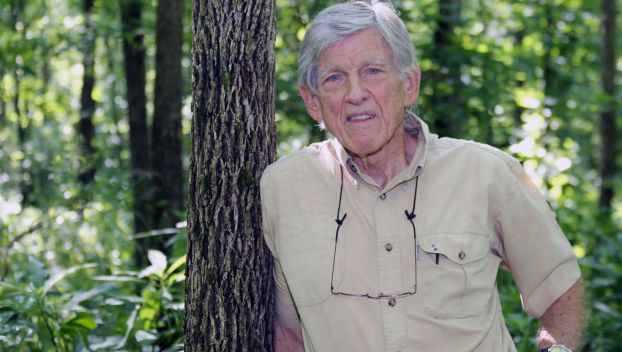News
BRADD council focuses on region’s ‘interconnected’ water supply
In 2000, the Kentucky General Assembly passed legislation that required area development districts to create water management planning ... Read more
In 2000, the Kentucky General Assembly passed legislation that required area development districts to create water management planning ... Read more

James Middleton, both a farmer and a family physician in Munfordville, balances dual lives. He routinely wakes up ... Read more

Rick DuBose first visited Mammoth Cave National Park as a young boy. He remembers descending a staircase into ... Read more